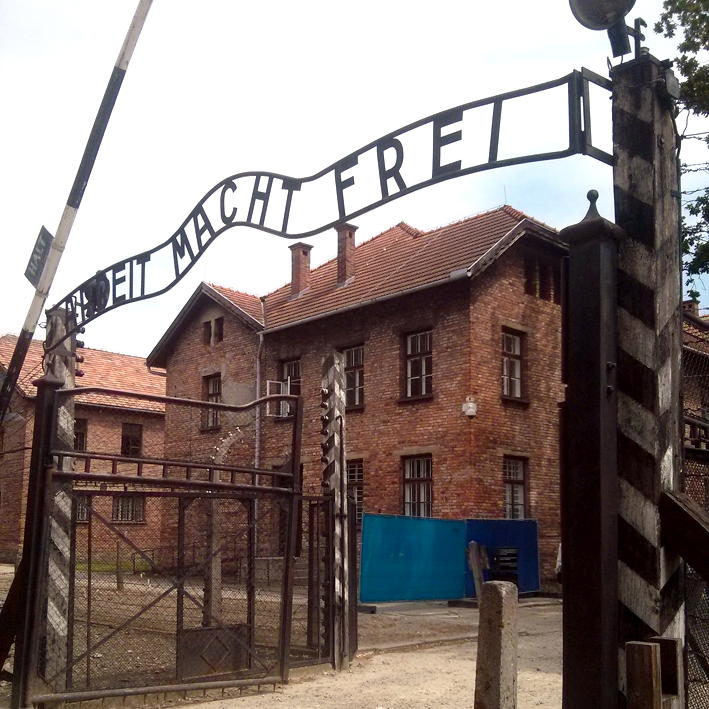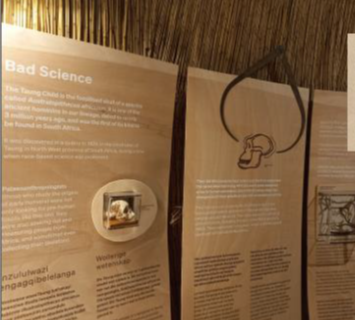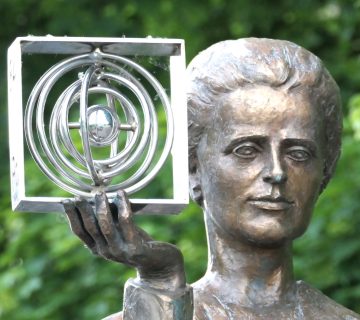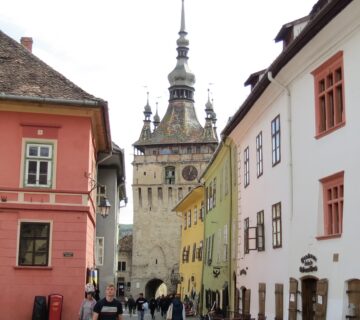105 participants from 28 countries joined the Interpret Europe Conference in Kraków, Poland.
Kraków and the Małopolska region are distinguished especially for their cultural heritage with a great variety of historic sites and museums. The historic centre of Kraków and the nearby Wieliczka Salt Mine were among the first twelve sites selected in 1978 as UNESCO World Heritage Sites.
Despite the fact that Kraków has such well-preserved heritage, the region has suffered a great deal from wars and occupation by foreign powers during its history. For that reason, the Małopolska region hosts many differing sites of what could be called ‘sensitive heritage’ – and so it is an ideal place to discuss the challenges of ‘sensitive interpretation’.
The conference was framed by two full day excursions. The pre-conference tour on 5 June was to Auschwitz, the post-conference tour on 10 June to the Tatra mountains.






During our 2015 conference researchers and interpretation practitioners investigated this ‘sensitive heritage’, heritage that has the potential to trouble or even distress people and that, therefore, deserves ‘sensitive interpretation’.
This is obviously the case, for example, at sites where atrocities and crimes against humanity were committed or at places that have conflicting or controversial meanings for different people. But it can also be more subtle: how do we interpret minorities – or majorities? Can interpreting national heroes or enemies feed nationalistic ideologies and foster tendencies of exclusion? How can interpreters avoid unintentionally embarrassing or upsetting visitors when explaining aspects of history that involve the homelands of host and visitor? Can interpretation help to overcome stereotypes? Can it present what is true without sometimes causing offence?
Then there is the whole field of sensitive and controversial themes when interpreting nature and the natural environment, for example in relation to predators, where often there exists strong opinion and prejudice, or the controversies over wind power installation or protected areas and local needs for housing, jobs and communications?
Sensitive heritage has a lot to do with people’s identities, beliefs, values and opinions. What are the implications of this in the context of ‘mission-based’ interpretation and where is interpretation in danger of merging into ‘interpreganda’?
Reflecting on the interpretation of sensitive heritage from different academic and practitioners perspectives can help us to think about the ethics of our profession. Can we enhance ‘listening skills’ through interpretation? Can we help people to ‘appreciate’ a past loaded with connotations, of ‘our side’ and ‘the other side’; can we learn from the past in order to prepare for the future?
We took advantage of these burning questions by discussing them among interpreters and others who are involved in academic research as well as tourism development and managing heritage sites, museums and protected areas.
Delegates were challenging, thought provoking and even controversial in what they presented and what they debated, while respecting that others may have a different view. We shared what we can learn from best practice, success factors, research results and innovative approaches.





